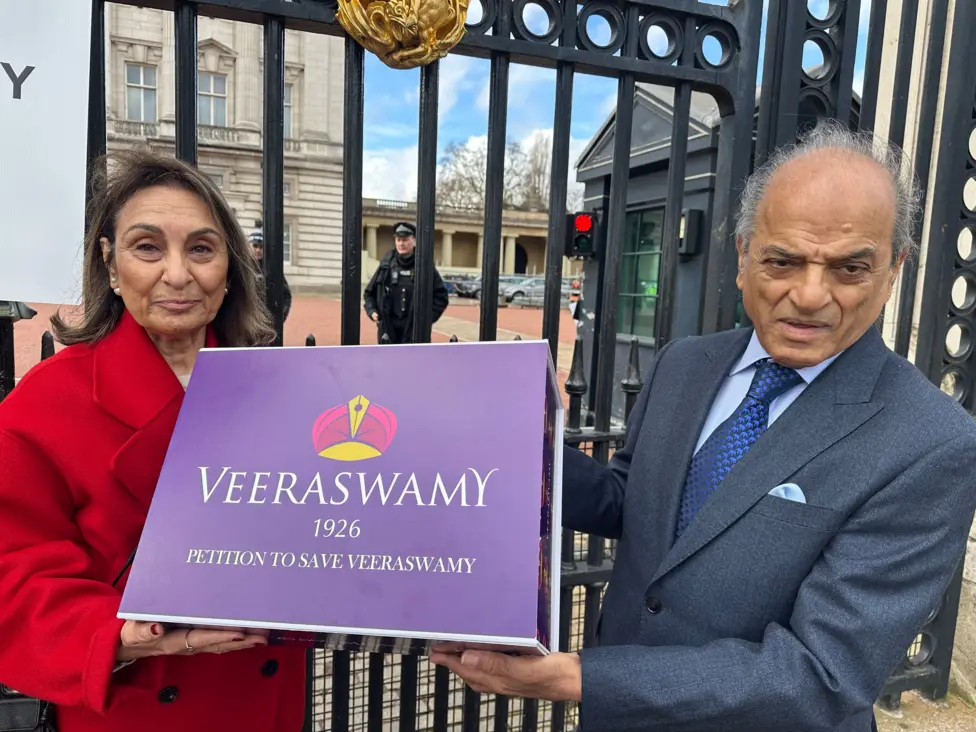The detention of England international, Aaron Lennon, was just the latest in a line of prominent sport stars to come under self health scrutiny.
The Everton winger was held under the Mental Health Act by police over concerns for his welfare, with news of the former Leeds United and Tottenham Hotspur winger's admission leading to an outpouring of support during his plight.
The 30-year-old follows the likes of ex-Liverpool and Aston Villa striker Stan Collymore and, tragically, the late former Wales manager and Leeds United and Everton star Gary Speed, plus former Aston Villa, Sheffield Wednesday, Ipswich Town and England international Dalian Atkinson. All highly successful, high-profile individuals – all who have succumbed-at various levels-to a dangerous, often un-talked about, disease that must be put high in priority when it comes to the nation’s health.
Sue Baker, Director of anti-stigma campaign ‘Time to Change,’ said: "We want to encourage anyone experiencing similar levels of despair to try and speak to someone, whether friend, family or their doctor."
Another former player, Clark Carlisle, ex-chair of the Professional Footballers' Association, dealt directly with his issues concerning suicide and football.
He said: “People are very delicately stepping around it – there’s no shame invested in it for me.
I tried to commit suicide because I was incredibly unwell," he said. “I now stand with a very different perspective of what it means to be alive. There’s a great expectation that once you come out of a psychiatric hospital you’re cured. You’re not – you just have more tools, a greater awareness and a greater understanding of how to manage your illness and that’s exactly where I’m at.”
Other sport stars, including; former world heavyweight boxing champion Frank Bruno - a sufferer of bi-polar disorder - and ex-England cricketers Marcus Trescothick and Jonathan Trott have also suffered, in the public eye, with issues surrounding their mental health.
Former England opener, Trott, left the England team during their 2013-14 Ashes tour with a stress-related illness that he has been coping with for several years. Trescothick headed home from the 2006/07 Ashes tour before a Test had been played.
Manchester United icon Ryan Giggs, who revealed he needed psychiatric help, said; "I often had a feeling of worthlessness. As a footballer you wonder if your team-mates are looking at you and asking the questions you are asking of yourself.
Aaron (Lennon)'s story has the made mental health of footballers an issue again and I think that for his sake and everyone else in sport it is important to be open about how we feel as professionals, and how we cope with stress."
Prime Minister Theresa May has spoken about how conversations can improve people's mental health and help to change lives.
"These problems affect millions of people," she said. "An estimated 1 in 4 of us has a common mental disorder at any one time. I said that the inadequate treatment of these problems was a burning injustice – and that we needed to deal with them not just in our hospitals, but in our classrooms, at work and in our communities."
From the highest profiled success that is a sports personality, to the man, woman, or child on the street – mental health is a stigma that the government – whatever the colour – must place high on their priorities to make Britain as healthy, as it aims to be wealthy, for all its citizens.
















